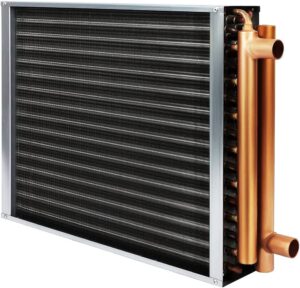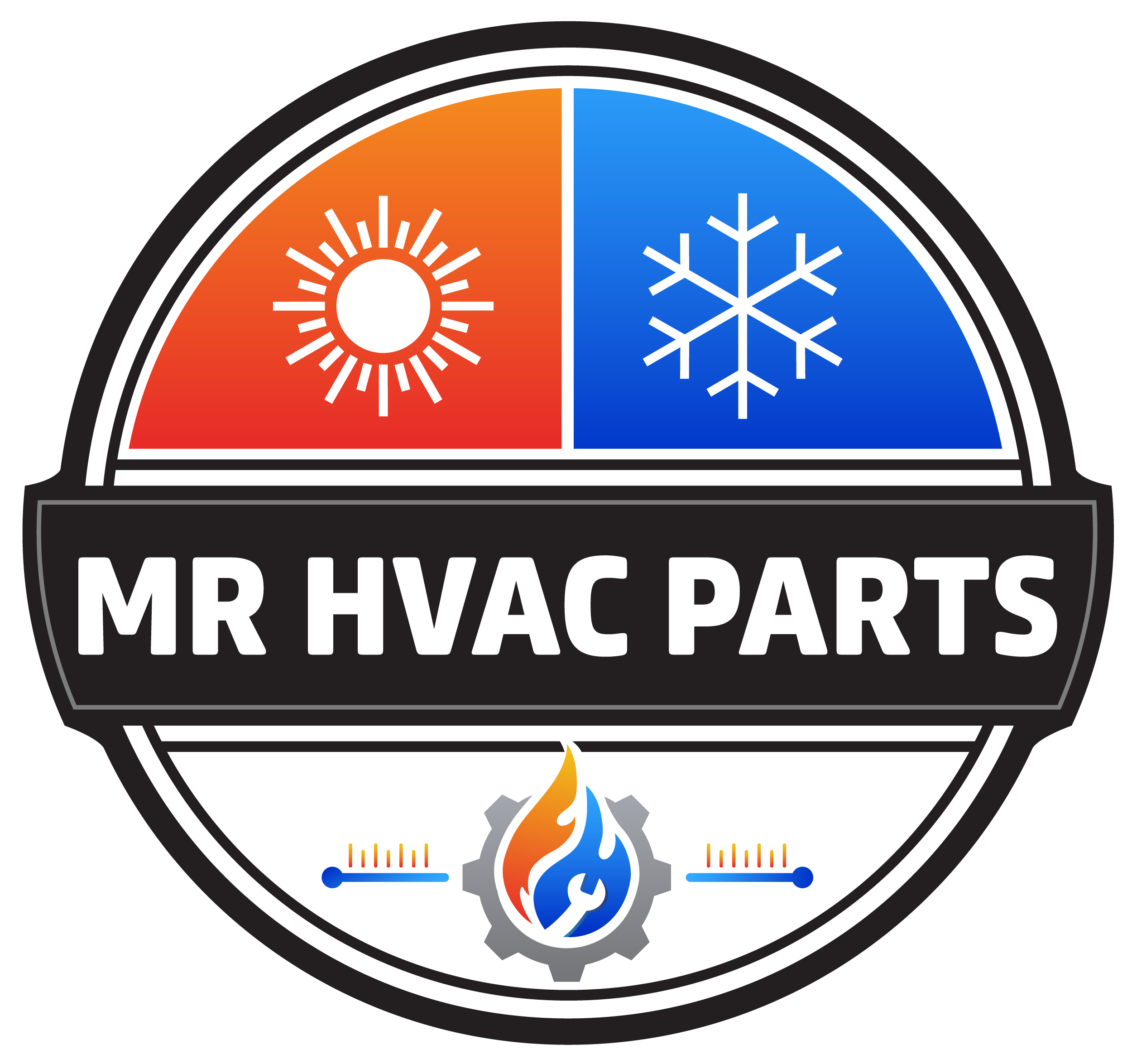Heat Exchangers in Washington, DC and the DMV Area: Expert Advice
Heat exchangers are essential components in HVAC systems, playing a critical role in transferring heat to either warm or cool your home or business. In the varied climate of Washington, DC, and the surrounding DMV area, a properly functioning heat exchanger is key to maintaining comfort and energy efficiency. This guide covers everything you need to know about heat exchangers, from how they work to common issues and where to find replacements in the DMV.
Why Heat Exchangers Matter

A heat exchanger is the component of your HVAC system that transfers heat from one medium (such as air or water) to another. In furnaces, it’s responsible for heating the air that circulates through your home, while in air conditioning systems, it helps remove heat from the air. For residents of the DMV, where temperatures can swing from freezing winters to hot, humid summers, a reliable heat exchanger is vital for year-round comfort.
Benefits of a Well-Maintained Heat Exchanger:
Energy Efficiency: A clean, well-functioning heat exchanger ensures that your HVAC system operates efficiently, reducing energy consumption and lowering utility bills.
Consistent Comfort: Whether you need to heat your home in the winter or cool it in the summer, a reliable heat exchanger maintains consistent indoor temperatures.
Longer System Life: Regular maintenance of your heat exchanger can extend the lifespan of your entire HVAC system, preventing costly repairs or replacements.
How Heat Exchangers Work
Understanding the function of a heat exchanger helps you appreciate its importance and can assist in troubleshooting any issues. Here’s a basic overview:
Heat Transfer:
Overview: The heat exchanger works by transferring heat from one medium to another. In a furnace, it transfers heat from the burning fuel to the air that will be circulated through your home. In an air conditioning system, it helps remove heat from indoor air, which is then expelled outside.
Importance: This process is central to the heating and cooling capabilities of your HVAC system, making the heat exchanger a critical component.
Separation of Airflows:
Overview: In a furnace, the heat exchanger keeps the combustion gases separate from the air that circulates through your home, ensuring that only clean, heated air is delivered.
Importance: This separation is crucial for safety, as it prevents harmful gases like carbon monoxide from entering your living spaces.
Role in Cooling:
Overview: In air conditioning units, the heat exchanger helps to absorb heat from the indoor air and transfer it to the outside, playing a key role in the cooling process.
Importance: Proper heat exchange ensures your AC system cools efficiently, even during peak summer temperatures in the DMV.
Common Heat Exchanger Issues
Like any HVAC component, heat exchangers can develop problems over time. Here are some common issues you might encounter in Washington, DC, and the DMV:
Cracks in the Heat Exchanger:
Overview: Over time, heat exchangers can develop cracks due to the constant expansion and contraction caused by heating and cooling cycles.
Signs: If you notice strange smells, unusual noises, or reduced heating efficiency, a cracked heat exchanger could be the culprit.
Corrosion:
Overview: Corrosion can occur due to moisture buildup, particularly in older units. This weakens the metal and can lead to leaks.
Signs: Visible rust or corrosion on your HVAC unit, along with reduced heating or cooling performance.
Restricted Airflow:
Overview: Dirt, dust, or other debris can build up on the heat exchanger, restricting airflow and reducing efficiency.
Signs: Reduced airflow from vents, uneven heating or cooling, and increased energy bills.
Overheating:
Overview: If the heat exchanger overheats, it can cause the system to shut down or cycle on and off frequently.
Signs: Short cycling, tripped breakers, and an overheated unit are common indicators.
How to Maintain Your Heat Exchanger in the DMV
Regular maintenance is crucial for keeping your heat exchanger in top condition, especially in the fluctuating climate of Washington, DC, and the DMV. Here’s what you can do:
Annual Inspections:
Schedule annual inspections with a qualified HVAC technician to check for cracks, corrosion, and other potential issues with your heat exchanger.
Keep the System Clean:
Regularly clean or replace filters and ensure that the area around your HVAC unit is free of debris to promote proper airflow.
Monitor for Signs of Wear:
Keep an eye out for any unusual noises, smells, or changes in system performance, and address them promptly.
Ensure Proper Ventilation:
Make sure that your HVAC system has adequate ventilation to prevent overheating and moisture buildup, which can lead to corrosion.
Where to Buy Heat Exchangers in Washington, DC, and the DMV
If you need to replace your heat exchanger or purchase parts for maintenance, there are many reliable suppliers in the DMV area. Explore our selection now or contact us for expert advice on finding the right heat exchanger for your HVAC system.
Heat exchangers are a critical part of your HVAC system, responsible for efficiently transferring heat to either warm or cool your indoor spaces. Whether you’re in Washington, DC, or anywhere in the DMV, keeping your heat exchanger in good working order is essential for maintaining comfort and energy efficiency throughout the year.
Investing in regular maintenance and quality parts can prevent costly repairs and ensure your HVAC system operates smoothly, keeping your home or business comfortable regardless of the season.


